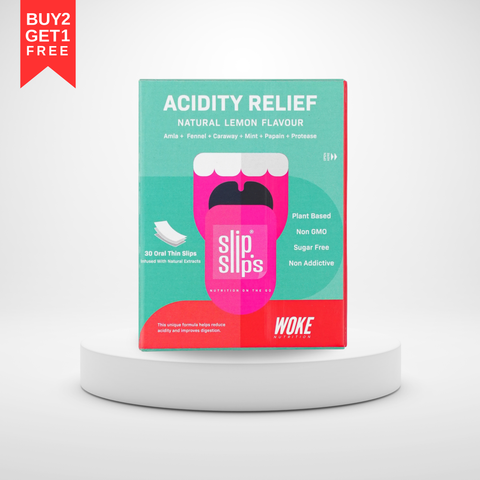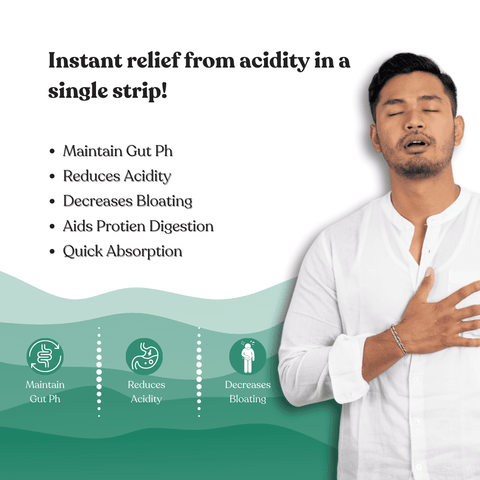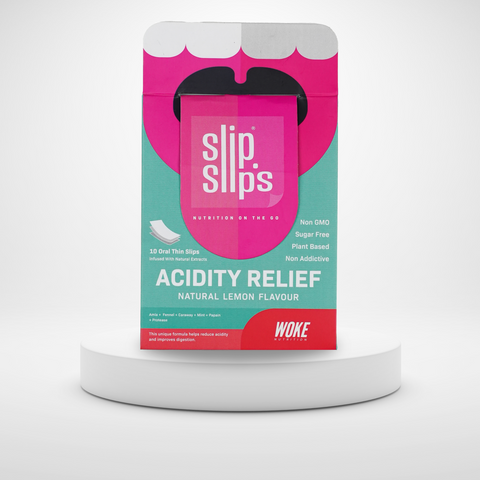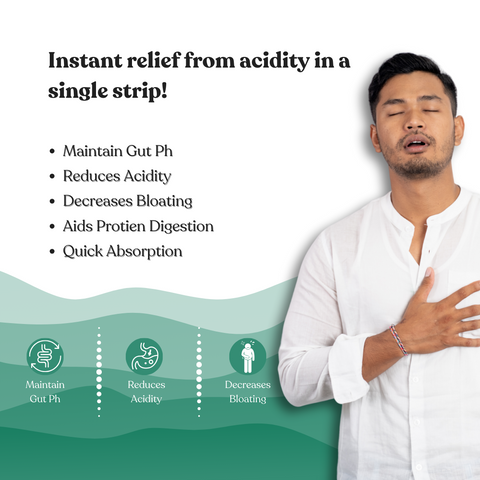Acidity Relief: Effective Strategies for Reducing Stomach Acid
Acidity, also known as acid reflux or heartburn, is a common digestive issue that affects millions of people worldwide. It occurs when stomach acid flows back into the esophagus, causing a burning sensation in the chest and throat. While occasional acidity is normal, frequent or persistent acidity can lead to more serious health problems. Fortunately, there are several effective strategies for reducing stomach acid and providing relief.
#Understanding Acidity
Acidity is caused by a variety of factors, including:
- Consuming acidic or spicy foods
- Eating large meals
- Lying down immediately after eating
- Stress and anxiety
- Certain medications
- Pregnancy
- Hiatal hernia
By identifying and avoiding your personal triggers, you can take steps to prevent and manage acidity.
#Dietary Changes for Acidity Relief
One of the most effective ways to reduce stomach acid is through dietary modifications. Here are some tips:
1. Avoid trigger foods: Limit your intake of acidic foods like citrus fruits, tomatoes, and spicy dishes. These can exacerbate acidity symptoms.
2. Eat smaller, more frequent meals: Consuming large meals can put pressure on your stomach, causing acid to reflux. Instead, eat smaller portions more often throughout the day.
3. Stay upright after eating: Avoid lying down immediately after a meal, as this can allow stomach acid to flow back into the esophagus. Wait at least 2-3 hours before lying down or going to bed.
4. Drink plenty of water: Staying hydrated can help dilute stomach acid and promote healthy digestion.
#Lifestyle Changes for Acidity Relief
In addition to dietary modifications, making certain lifestyle changes can also help reduce acidity:
1. Maintain a healthy weight: Excess weight can put pressure on your stomach, increasing the risk of acid reflux. Aim for gradual, sustainable weight loss through a balanced diet and regular exercise.
2. Quit smoking and limit alcohol consumption: Smoking and excessive alcohol use can weaken the lower esophageal sphincter (LES), allowing stomach acid to flow back into the esophagus.
3. Manage stress: Stress and anxiety can exacerbate acidity symptoms. Practice stress-reducing techniques such as meditation, deep breathing exercises, or yoga.
4. Wear loose-fitting clothing: Tight clothing can put pressure on your abdomen, contributing to acid reflux. Choose comfortable, loose-fitting garments.
#Over-the-Counter Medications for Acidity Relief
If dietary and lifestyle changes are not enough, over-the-counter (OTC) medications can provide relief for occasional acidity. Some common OTC options include:
1. Antacids: These medications neutralize stomach acid and provide quick relief for mild to moderate acidity. Examples include Tums, Rolaids, and Maalox.
2. H2 blockers: These medications reduce acid production and provide longer-lasting relief. Examples include Pepcid and Zantac.
3. Proton pump inhibitors (PPIs): These medications are more potent than H2 blockers and can provide relief for more severe or persistent acidity. Examples include Prilosec and Nexium.
It's important to consult with a healthcare professional before taking any OTC medications, especially if you have a pre-existing medical condition or are taking other medications.
#When to Seek Medical Attention
While occasional acidity is common and can be managed with dietary and lifestyle changes, persistent or severe acidity may require medical attention. Seek medical help if you experience:- Frequent or severe acidity symptoms
- Difficulty swallowing
- Unexplained weight loss
- Persistent nausea or vomiting
- Blood in your stool or vomit
- Severe chest pain or discomfort
Your healthcare provider can perform tests to diagnose the underlying cause of your acidity and recommend appropriate treatment options.
In conclusion, acidity is a common digestive issue that can be effectively managed through dietary and lifestyle changes, as well as OTC medications. By identifying and avoiding your personal triggers, making healthy choices, and seeking medical attention when necessary, you can find relief and prevent more serious health problems.
















Comments (0)
There are no comments for this article. Be the first one to leave a message!